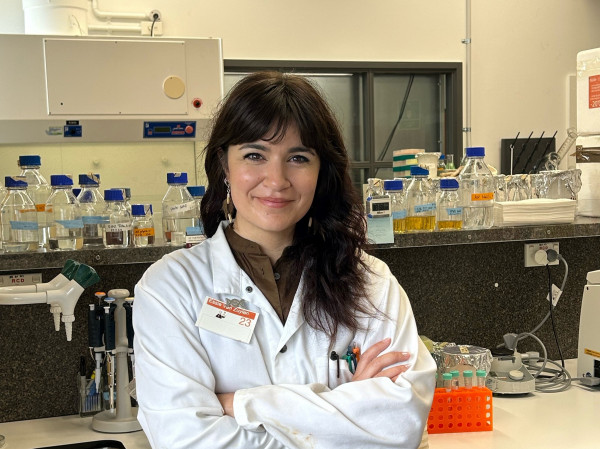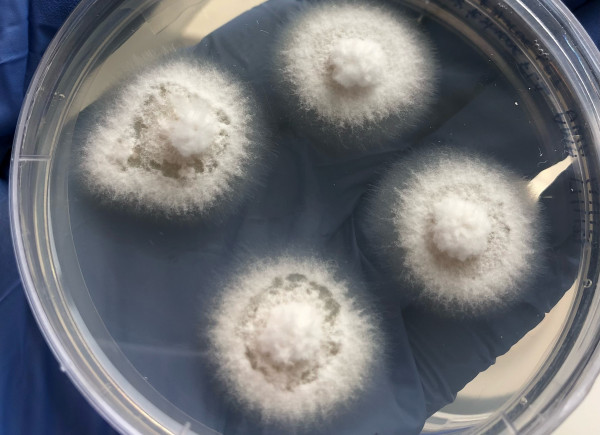
Ngā harore pōhewanga o Aotearoa - The psychoactive mushrooms of New Zealand, understanding our fungal taonga species

Dr Essie Van Zuylen in the laboratory (photo supplied).
Psilocybin is a naturally occurring prodrug produced by fungi, and elicits psychedelic effects when consumed. Psilocybin and other related chemical compounds have recently garnered interest as potential effective treatments for a number of mental health disorders including clinical depression, anxiety, PTSD, substance abuse and addiction. While clinical uses of psilocybin and their fungi have only recently been explored, psychoactive fungi have long been utilised by Indigenous peoples around the world. Mātauraka Māori tells us our tūpuna utilised native fungi for both food and medicine, but there remains much to be learned about our psychoactive taonga species. The NZ Government Inquiry report into Mental Health and Addiction emphasises the significantly higher rates of mental illness, suicide, and addiction experienced by Māori, along with suboptimal outcomes in mental health service access. This research aims to create a holistic knowledge-base of the endemic psychoactive fungal species, Psilocybe weraroa, and related fungi, exploring its genetics, biology and chemistry through a Te Ao Māori lens to unlock its potential therapeutic benefits towards the delivery of novel mental health solutions for whānau.

Fungal mycelia growing on an agar plate (photo supplied).
